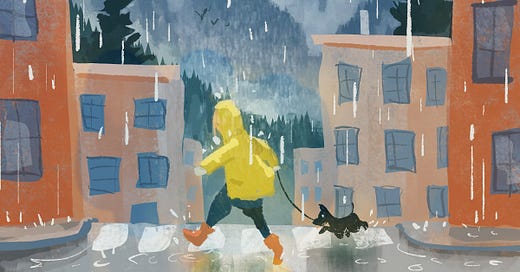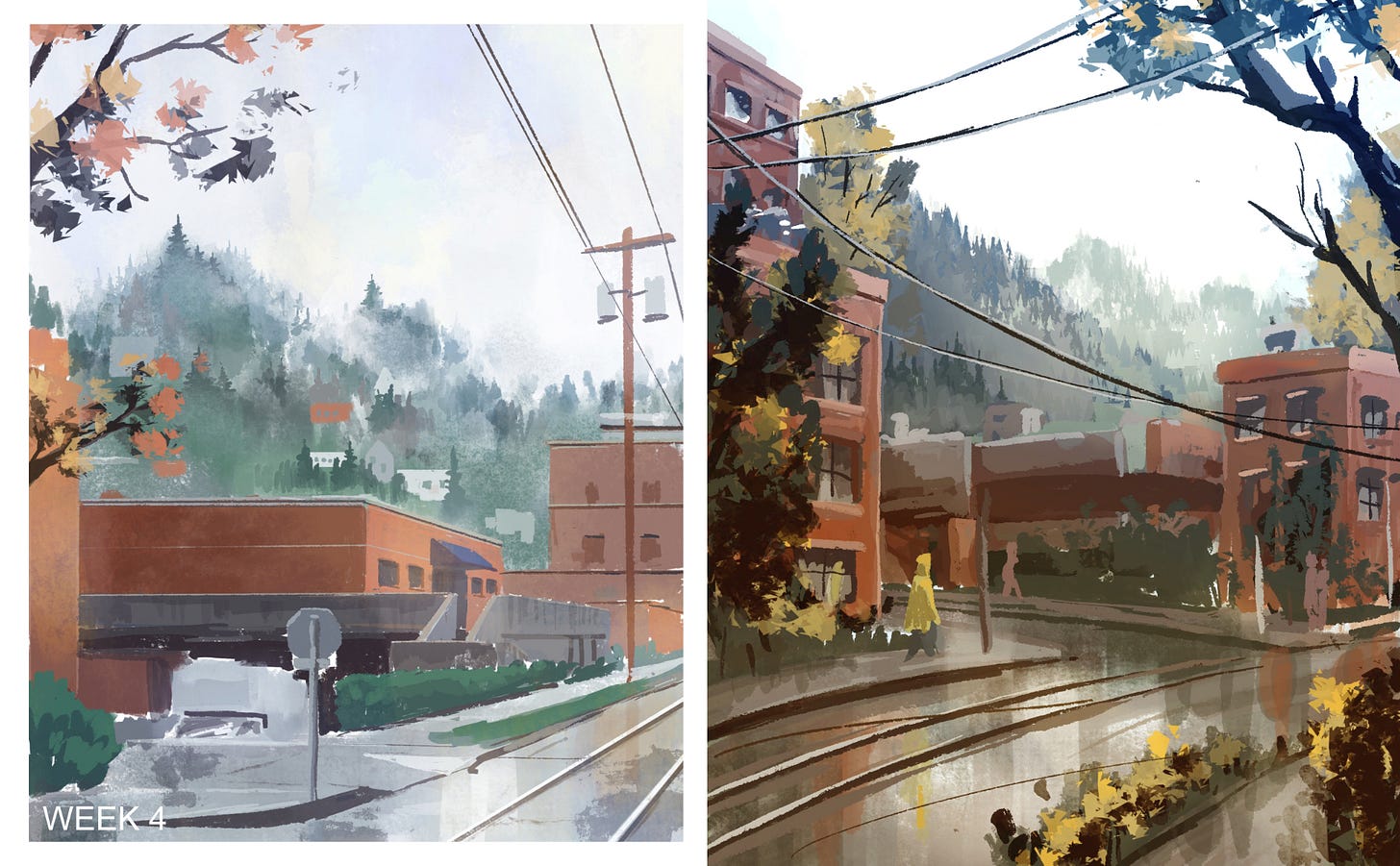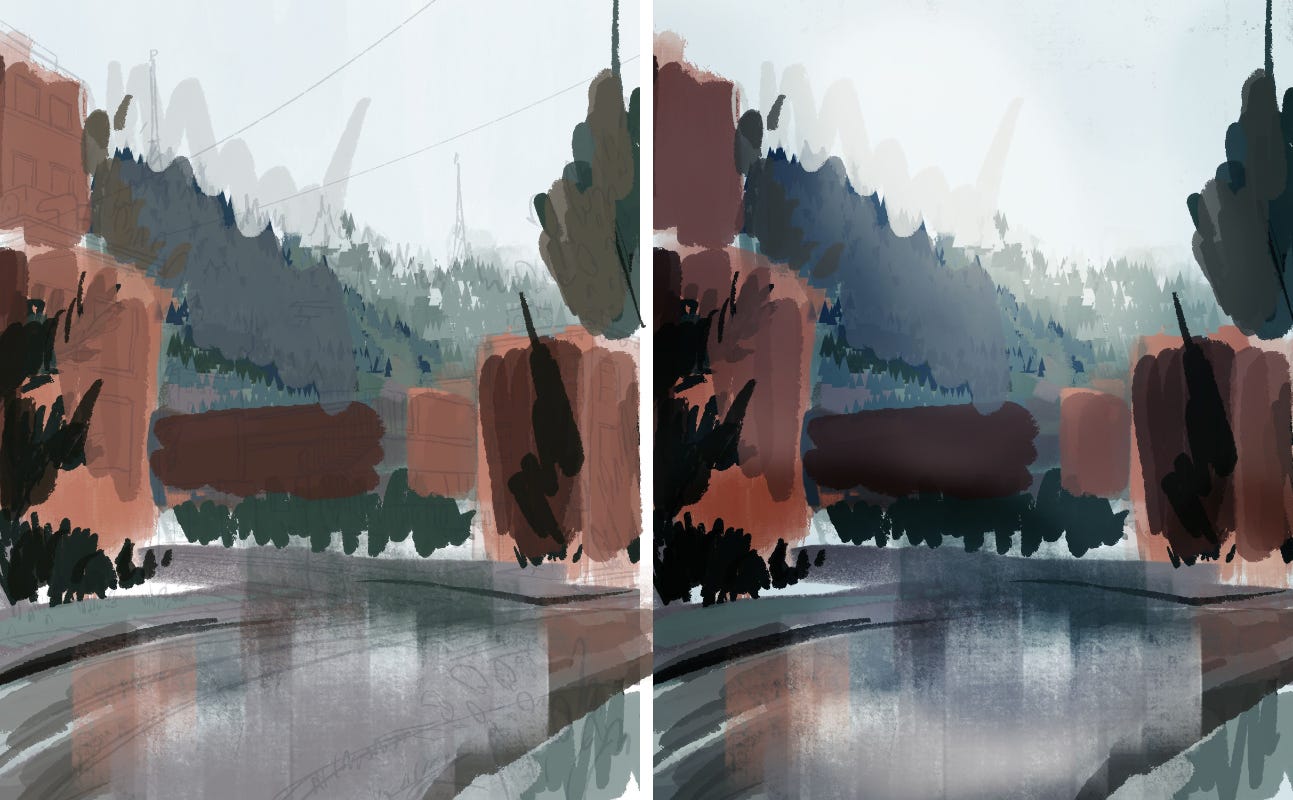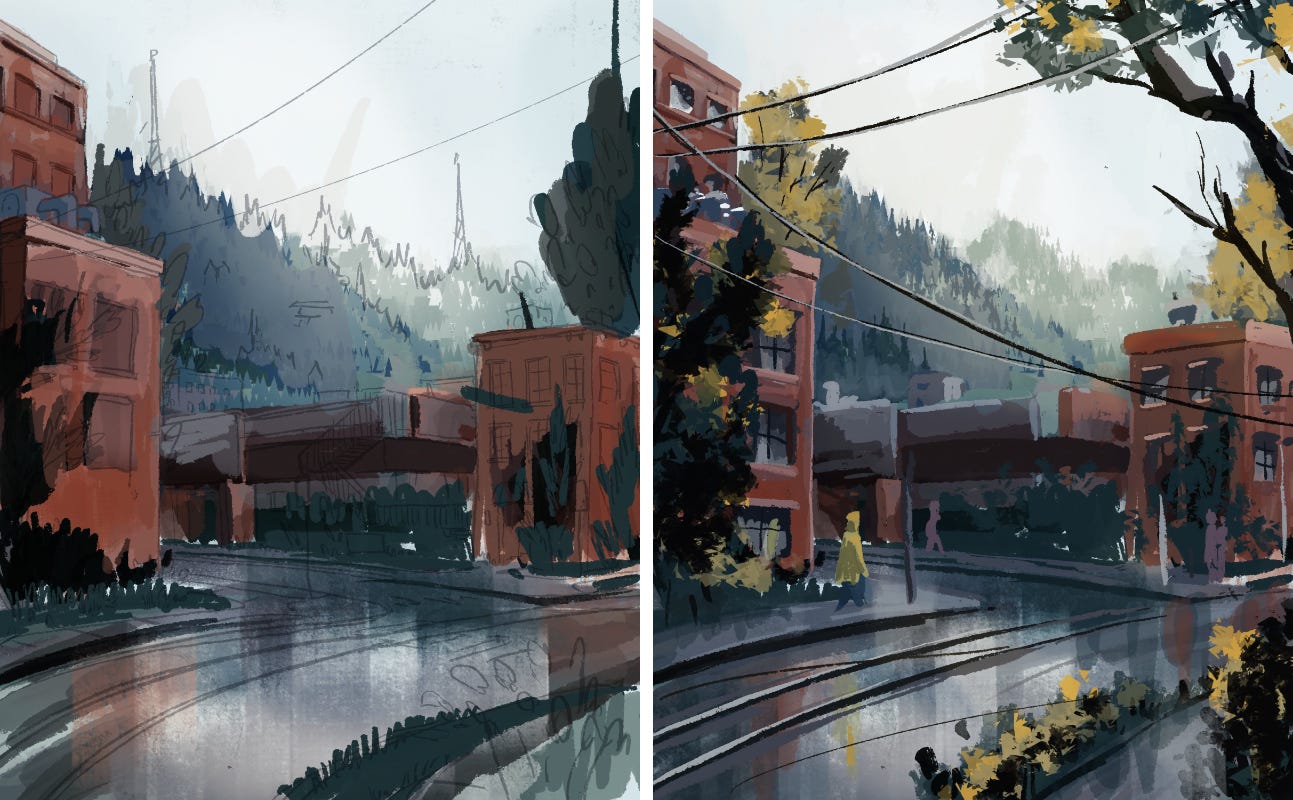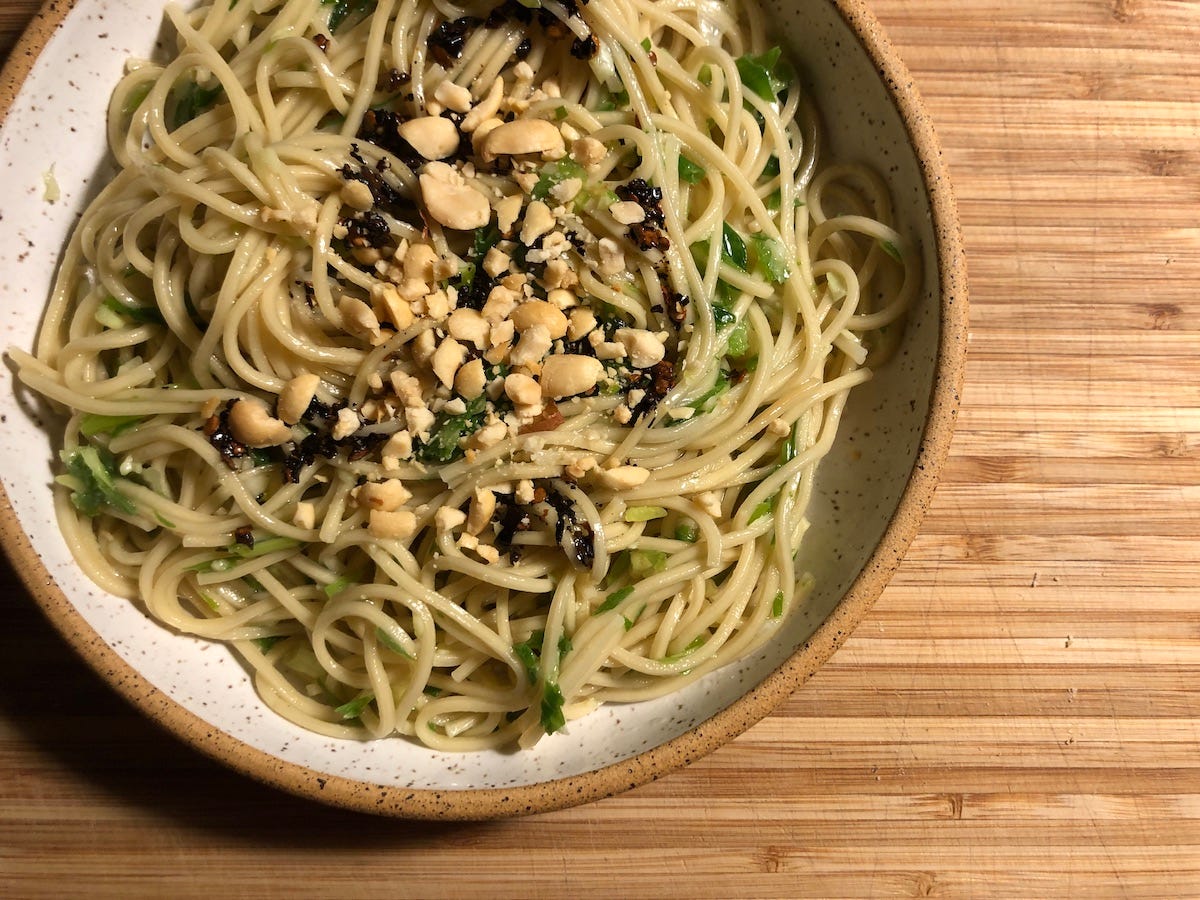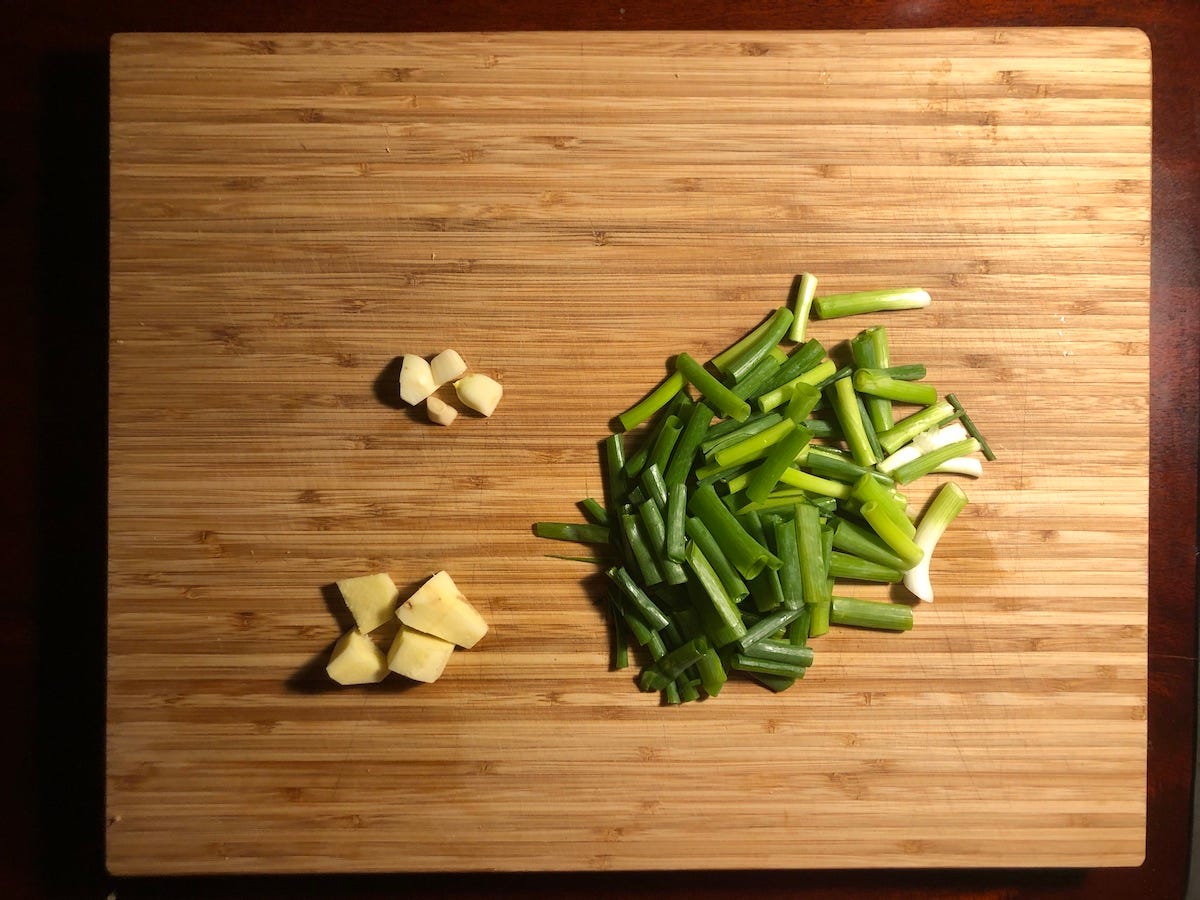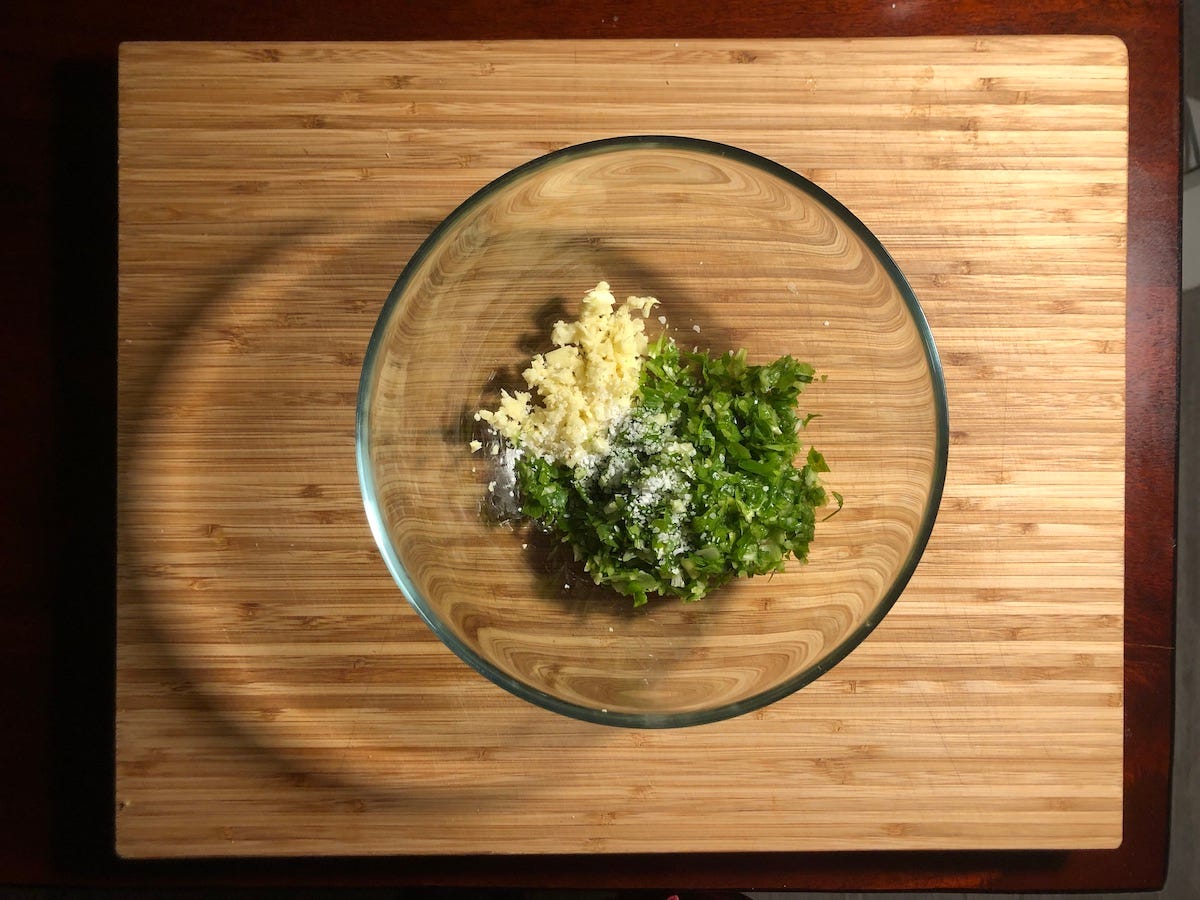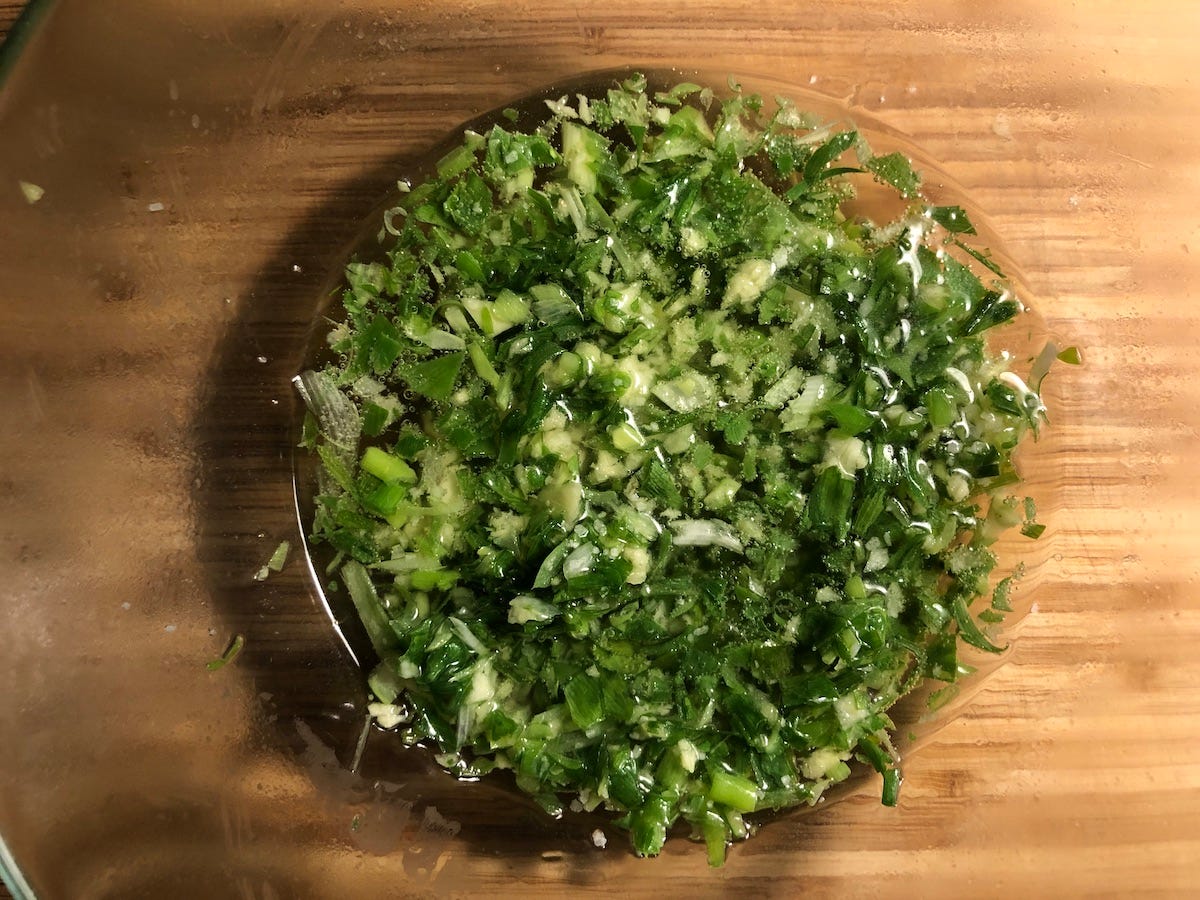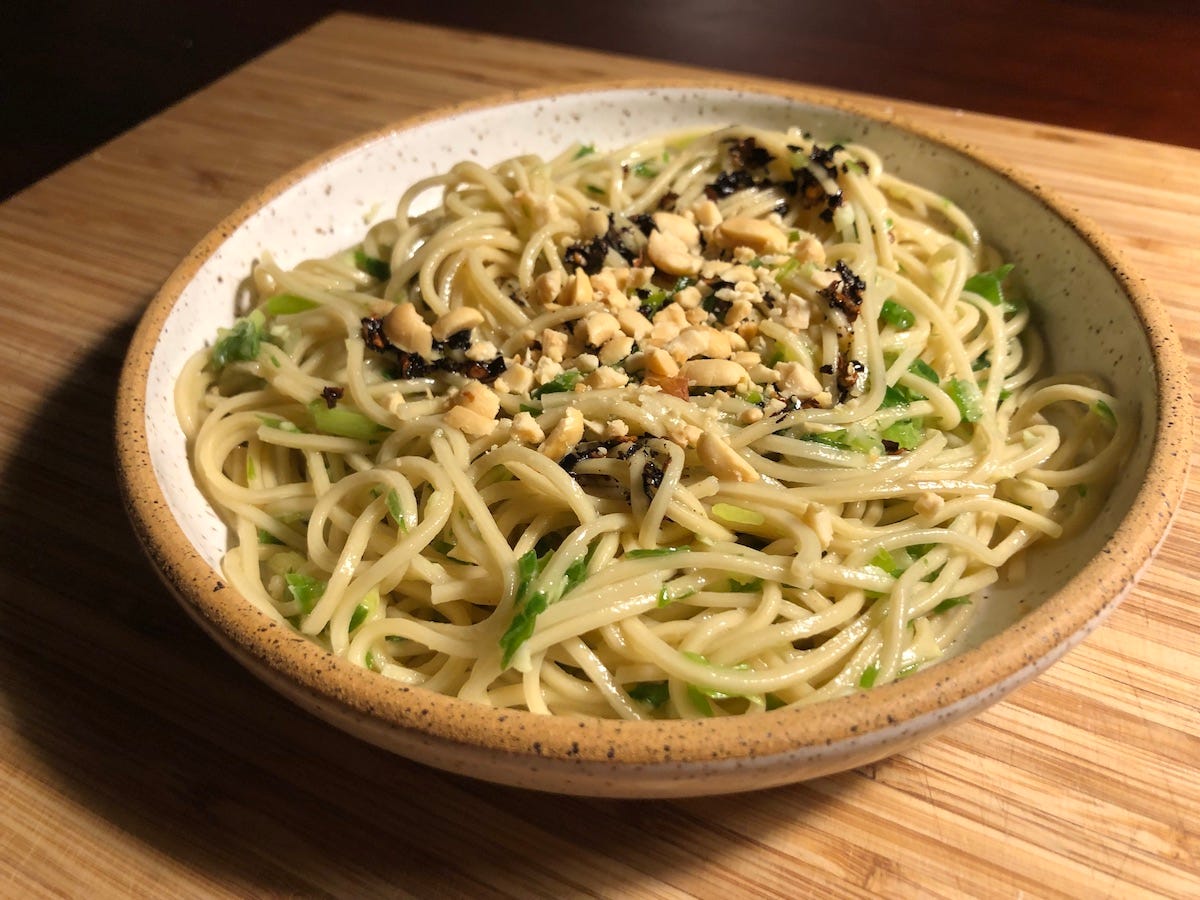it’s tuesday and it’s officially less than 110 degrees. we* made it through.
*more on that later
this weekend as you all know of course, the pacific northwest was trapped under a “heat dome” which caused temperatures to soar to unprecedented and dangerous heights. portland hit 118 i think i heard. seattle was also well above 100. i am fortunate enough to live in a very tiny apartment with a relatively modern AC unit, and due to the tiny size of the apartment and the relative lack of windows my little mini-split unit was able to keep my place at a pretty OK temperature. since this is a “rare” occurrence in this part of the country, there are a lot of dwellings that do not have air conditioning (yet) and so i am very fortunate in that regard.
lots of people do not have AC around here and of course there are hundreds of our neighbors who live outside, due to decades of inaction by public officials at all levels of government and the slow collapse of any kind of actual recognition of what we might call human rights in this country. the local government response was, overall, bad — there were cooling centers opened across the county, but due to some kind of communication error the service that was set up to provide people rides to those centers stopped operating on Sunday. the transit agency had to stop running the streetcar and the light rail because they aren’t designed to operate in this heat. our beloved mayor ted wheeler didn’t declare a state of emergency this weekend despite preemptively declaring one ahead of the George Floyd verdict. on the bright side, mutual aid organizations across the city sprang into action, collecting donations of cash, water, gatorade, ice, and coolers to distribute to people who needed them. this was great to see, of course, and i kicked them all the cash i could spare this weekend — but if this is what the climate crisis is going to look like, i’m not optimistic. mutual aid is great but is not, in my opinion, a substitute for harnessing the power of the state to enact and enforce change on the scale that’s going to be required. sorry to all the anarchists reading this.
this weekend and summer in general has also been bringing up my current least-favorite cyclical yearly summer trend: an endless stream of charts (mostly swooping dramatically up or dramatically down at the end), maps (mostly colored various shades of orange and burnt red) and “This. Is. Not. Normal.” style posts, headlines, ledes, and captions. it was 115 degrees in portland oregon today. let that sink in. the pacific northwest. 115 degrees. this is not normal. climate change is here. are you convinced yet. still think climate change is fake? 115 degrees. wow. i mean. just. let that sink in.
i hate this shit.
everyone who feels inclined to do anything about climate change already knows how bad it is. for the life of me i do not understand the appeal of this constant stream of doom / collapse porn. nobody else is going to be convinced by it at this point - or nobody meaningful, anyway. the battle lines are clear and people have chosen sides. more writing is not going to help. and frankly, it’s fucking depressing and discouraging. if you’re a “climate journalist” and your entire output over the past few years amounts to shining lights on various previously un-considered ways in which the human race is likely to be fucked in the medium term, i have to ask what exactly you think you’re accomplishing.
but every summer, it’s the same Daily Show-era style of liberal political discourse in which it is still assumed, for some reason God only knows, that if you assemble enough facts and truth and logic and perfectly craft and package all these into some combination of heartfelt appeals and smarmy gotchas then the hearts of your opponents will grow three sizes and the Republican senator from Nestle-Exxon, Texas will give an aw-shucks and a big rueful grin and come over to your side and shake your hand and say “well, i reckon we better start making those solar panels, boss” and then the credits will roll and we will have solved it.
that’s not how it works. the people in power will be fine and they do not give a shit. they will not be convinced or embarrassed or gotcha’d into changing their minds. they cannot be compromised or reasoned with. there’s no referee to appeal to. there’s no manager to call. the people who would like to see the planet remain habitable need to take that power and then use that power to enact their program. that’s all that matters now! and i don’t think the ten thousandth article about exploding permafrost with a Let That Sink In style caption is going to move that needle, do you? people need some amount of hope to keep going. they do not need to know that the waterfall is just around the next bend and it’s actually much taller than we thought. they need the sight of a shore, and they need an oar, and they need to know who to pull with.
and i have to say, if you’re that convinced we’re all fucked, go do mushrooms in the woods for gods sake. go get into base jumping. go grill in your backyard. quit straddling the coward’s line between “there’s still hope” and “we’re all doomed” — get out of the boat and enjoy the rest of your life and shut the fuck up, or find a bench and start rowing.
someone linked another writer’s piece (All The Right Words On Climate Have Already Been Said) about this recently and i found it compelling. i would also recommend reading at least the first part of Kim Stanley Robinson’s The Ministry for the Future which has some pretty interesting ideas about how to upset that balance of power.
if you want to know what i think, personally, i think there’s still plenty of reason to be “optimistic.” the future is going to suck, and it’s probably not going to stop sucking until everyone my age is dead and in the ground. but the present already sucks.
i think we’ll be spending a lot more time indoors, probably. i think there’s going to be some pretty large-scale disastrous events and probably a lot of us are going to unfortunately be caught up in them, probably me as well. but i don’t think as a species we’re necessarily doomed to complete extinction yet. my medium-pessimistic take is that in the next 15 years the ruling class will shift this country over to some combination of nuclear, solar, and wind power, and some countries will beat us there. i think that energy will allow us to do some amount of desalination that will help moderate truly national-scale destruction and drought, and i think everyone who has a place to live will have air conditioning. i think those new utilities are going to be mostly privately owned, and life is going to get shittier for those of us who have to work for a living. i don’t think our cities are going to become walkable car-free eco-socialist green paradises, but i think all the cars are going to be electric sooner than we think and i think we’ll build more social housing than we have in the past 100 years. i think there are going to be more opportunities for the working class to take power that we’ll be able to seize upon, and i think there will be a lot of crushing defeats as well.
i think it’s going to be green capitalism for a long time and i think it’ll still be green capitalism when emissions finally level off and begin to trend downward, in 20 years or whatever.
and i think our kids and grandkids will still be around to continue the fight.
and i’d be thrilled if any of that went better than i think it will and i’m going to do what i can to tip that scale. and if it goes worse, well, there’s nothing i can do about that, really.
just my opinion! who knows! but if you want to know what assumptions i’m basically operating under vis-a-vis the end of the world, well, there you go.
ok sorry about all that. let’s get into the newsletter.
1. painting
i took a different approach this week and it did not pan out at all.
as i approach the halfway point of this potentially-only-year-long newsletter experiment, i have been looking back through some past issues (there’s some good stuff back there). i’ve shared 22 pieces of art this way so far this year, and i like a lot of those pieces, but some of them definitely did not end in a place i was satisfied with.
so this week, i wanted to go back to an old piece that i had acknowledged at the time i wasn’t happy with, and do another take on it.
this one, from week 4, caught my eye first. it was a scorcher this weekend so i was drawn to the idea of misty, wet hills that form the backdrop of this city for 8 months of the year.
looking back at the piece on the left, there isn't enough contrast in value, and the composition is clunky. the hills turned out pretty well for what they are, but the middle and foreground are not doing them any favors and are not capturing the feeling i feel when i see them in person. so i took another stab at it.
on the right is where that ended up, and it has some of the same problems, and some new ones too.
really the core of what i was trying to get at with the first one was the feeling of seeing those far misty hills through a gap in a cluster of brick buildings. the contrast of those two tones, and the feeling of a glimpse being caught, and of layered space.
these sketches are some other ways i was thinking about trying to capture that. i ended up with the one on the right, which is similar to the original, but some proportions have been changed and things are a lot looser, more stylized, and flowing.
i started from the same palette of colors as the original, but pushed the contrast in values way further than i had originally. way past my comfort zone, which was the point. too far, actually, which was not the point, but was an OK place to end up. on the left, the original color work quickly slapped down. on the right, i’ve washed some blue tones over it and done some layering and bumped the contrast even further.
from there, the canvas becomes the color palette, basically, and i stop introducing new colors if i can. picking colors that already exist in the loose block-out, i went in and did a lot of cleaning up, detailing, tweaking, etc. turning off the linework and the piece on the right is where we end up. a few more tweaks gets us to the ending point we saw up above, next to the original from week 4.
and i hated it! the colors are working a little better but the darks are too dark. the composition is still clunky even though the sweep of that road and streetcar tracks in the foreground helps. the hills look OK but the background is too close in value to the mid ground, and the buildings are at an awkward mid point between loose and stylized and fun, and semi-realistic.
oh well! that’s why we do these. so in the interest of having something nicer to look at, using some of these elements and colors, i quickly threw together the piece you see at the very top.
better luck next time!
2. poem
ending poem - summer 2021
it was a thousand degrees
when it finally suddenly came
and in the instant before our eyeballs exploded into boiling ash
and our hands fused together at our finger bones forever,
we shared a little smirk
at how funny it was
that it was such a nice round number
3. ginger scallion noodles
a simple one this week because i did not want to have my oven or stove on for any longer than i had to. i did not want to be the guy whose takeout order pushed the temp in a restaurant kitchen from 104 to 105 because i didn’t feel like cooking, so a simple noodle thing with a sauce sounded great.
this is based on this bon appetit recipe i found a while ago and then furthermore based on this version of it which i was directed to by a very long, comprehensive, and angry comment left on the bon appetit page.
it’s ginger scallion sauce.
ginger, garlic, scallions, and salt. i don’t think those other recipes called for garlic but it sounded good to me. and also i just assumed they called for garlic and i put the garlic in and didn’t realize i wasn’t supposed to until later.
chop the stuff up. it’s going in a food processor so this step was probably not strictly necessary.
once it’s processed up, it goes in a heat-proof bowl.
heat up 1/2 cup of oil until it’s just smoking, and then…
…pour it in! everything sizzles like crazy, the scallions turn bright green, and it all smells amazing.
let this sit for a bit while you cook your noodles so the flavors integrate.
i put some peanuts and chili crisp on top, too, for some extra crunch and flavor. very tasty! very easy! and that ginger scallion sauce is just sitting in my fridge waiting to get put on all sorts of other stuff.
4. we
i already got most of my ranting out of my system in the intro but i did want to bring up something else that’s sort of in that vein that i have been noticing a lot. i’ve written about it before, obliquely, in another un-edited off-the-cuff piece from last year born out of a personal sense of frustration with the way a lot of people discuss housing and cities (“Nobody Talking About Housing Policy Knows How Verbs Work”).
and it is: the use of the word “we.”
as in: we need to build more housing. we need to take climate change seriously. i can’t believe we haven’t made any serious progress in stripping police departments of their budgets. it’s unbelievable how badly we handled coronavirus. and so on and so forth.
as a little experiment i would like you to try and keep track of how many times you see this formulation over the next week. and each time, ask yourself: who is we? am i actually a part of this we in this case?
we did not badly mishandle coronavirus. a proportionally tiny group of people who have their hands on the relevant levers decided that it wasn’t worth the cost to “the economy” it would take to handle it correctly (i.e., shut everything down and pay everyone to stay home for a month, ideally in March 2020). i sure as hell wasn’t a part of that “we” and if you’re reading this i don’t think you were either.
we are not wasting the big opportunity coronavirus gave us to rethink how we approach work in this country, or re-evaluate the true importance of so many essential jobs, or re-prioritize work and life. we do not have the power to make those decisions! again, a proportionally tiny group of people — senators, governors, billionaires, central bankers — do have the power to make those kinds of fundamental changes but of course, why would they?
we do not need to build more housing - that statement is vague to the point of meaninglessness and of course that’s the point. the people saying it mean “it would be great if it was easier for private developers to turn a profit constructing multi-family market rate housing.” and if you happen to mistakenly hear “the local government needs to construct decommodified social housing paid for by taxes on the wealthy” when you hear that phrase, well, so much the better!
at best, this is lazy phrasing. many people have been guilty of that including myself. but even at best, using we like that means you are consciously or subconsciously including yourself and your reader in whatever larger group you’re referring to.
at worst, this is another example of the liberal approach to political questions, in which everything is the fault and responsibility of the individual. you get lumped into the same we as Bill Gates because you’re both just people and you each have to do what you think is right and you each have responsibilities to Progress and Decency and Democracy.
but of course that’s not how the world works. Bill Gates could literally end homelessness tomorrow in this country if he wanted to, and every day he wakes up and decides not to do that. you are nowhere near being in any kind of we with that man unless you are, against all odds, also a close friend of Jeffrey Epstein and in personal possession of tens of billions of dollars.
so think about that. you are definitely a part of a we somewhere. we all are. we do have a responsibility to struggle together to make the world a better place. some of us are on the same side. some of us are not. you should be aware of when you’re getting drafted into other we’s that you have no business being involved with, is all. on some level, it is the job of that tiny we way up at the top to obscure the actual power dynamics in the world, and the relationships they form. that tiny we who decided 500,000 dead Americans over the past 18 months was a perfectly appropriate price to pay to avoid any long-term strengthening of the social safety net in this country would absolutely love you to believe that you are in it with them, that you bear some responsibility for that monstrous decision, and that ultimately we are all in it together.
which of course, we are not. so. just something to think about. who is “we.”
okay well, i think that’s plenty of that for this week. next week i am going on the first out of state trip i have taken since i went to iowa to canvass for bernie the weekend of the first primary last year. things havent really changed much since then so it should be pretty mundane.
have a good week everyone. see ya next tuesday. bye.

